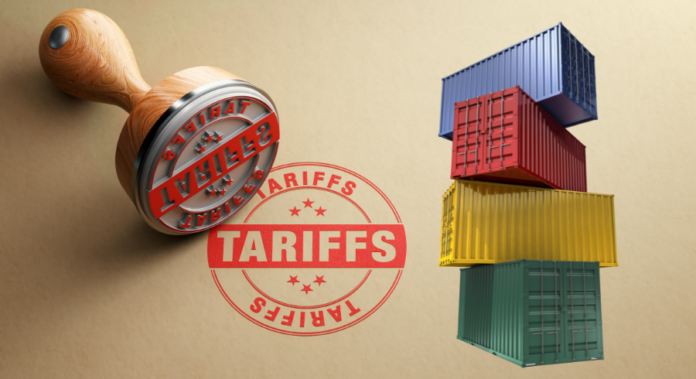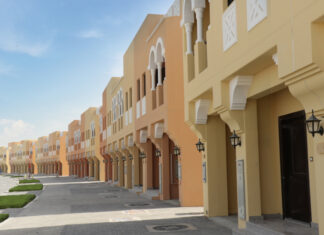The government’s ambitious trade liberalisation plan for the upcoming fiscal year has raised concerns within key industries, with the Ministry of Industries urging a phased approach to tariff reductions, The Express Tribune reported.
The government’s proposal, which includes slashing import duties as part of its broader economic reform agenda, has faced resistance from domestic sectors, particularly those that could be negatively impacted by a sudden surge in imports.
In a recent consultation, the Ministry of Industries raised alarm over the potential adverse effects of a blanket reduction in tariffs on finished goods, suggesting that such a move could hurt job-generating sectors such as chemicals, steel, automobiles, and ceramics. These industries argue that immediate cuts could force closures and contribute to an economic imbalance. The ministry recommended a more gradual approach, starting with raw materials and intermediate goods before addressing finished products.
The debate comes just days before the National Economic Council (NEC) is scheduled to meet on June 9 to approve macroeconomic targets and development plans for the fiscal year 2025-26. With the federal budget set to be announced shortly thereafter, discussions are intensifying on how to implement the trade reforms while safeguarding the interests of domestic industries.
Finance Minister Muhammad Aurangzeb chaired a meeting of the steering committee overseeing the National Tariff Policy, which discussed the potential impact of the proposed tariff changes. While some members of the committee advocated for a swift reduction in duties, others, including the Ministry of Industries, called for caution, stressing that sectors vulnerable to international competition should not be exposed too quickly.
One of the key points of contention is the government’s plan to reduce customs duty slabs to four levels: 0%, 5%, 10%, and 15%, down from the existing five-tier system. This move, part of a broader strategy to liberalise trade and reduce fiscal imbalances, would phase out additional duties over the next five years.
However, there is disagreement over whether to proceed with duty reductions on finished goods, with some industry representatives expressing concerns about a surge in imports that could strain the country’s foreign exchange reserves, which are already under pressure.
At the same time, the government is preparing for the Annual Development Plan (ADP) and has set a GDP growth target of 4.2% for FY2025-26, a notable improvement from the current year’s projected growth rate of 2.7%. This optimistic outlook is based on the expected rebound of the industrial sector, particularly large-scale manufacturing, alongside improvements in energy supply and stability in the construction industry.
Despite the challenges, the government’s approach aims to strike a balance between liberalising trade and protecting vulnerable domestic sectors, while ensuring sustainable economic growth and resilience against external economic shocks.























